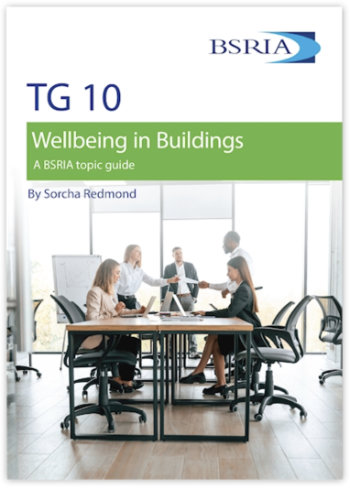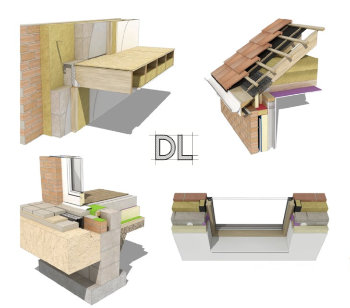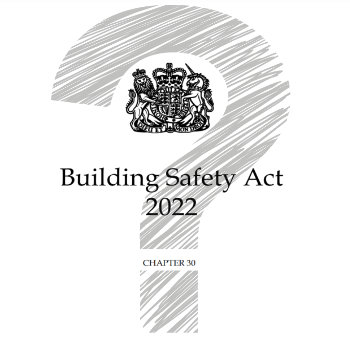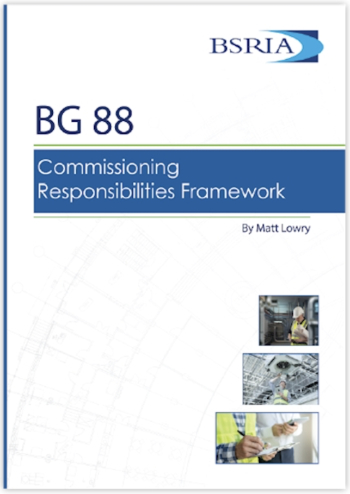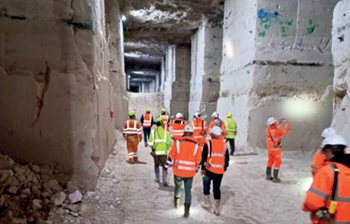Contra proferentem
Contra proferentem is a rule of construction applying to written documents or deeds. The rule provides that if the wording of an agreement is ambiguous or uncertain, but not otherwise, the contract should be construed more strongly against the person whose words they are rather than the other party.
In the case of John Lee & Son (Grantham) Ltd v Railway Executive (1949) it was found that:
'We are presented with two alternative readings of this document and the reading which one should adopt is to be determined, amongst other things, by a consideration of the fact that the defendants put forward the document. They have put forward a clause which is by no means free from obscurity and have contended... that it has a remarkably, if not extravagantly, wide scope and I think that the rule contra proferentem should be applied’
If a party has incorporated its own standard terms and conditions of trade into an agreement then in the event of ambiguity those terms and conditions will be construed contra proferentem that party. Where however the parties execute standard form contracts, the contra proferentem rule will only operate in respect of amendments or additions to the contract.
Contra proferentem is a particularly important rule of construction in relation to exclusion clauses.
[edit] Related articles on Designing Buildings
Featured articles and news
Wellbeing in Buildings TG 10/2025
BSRIA topic guide updates.
With brief background and WELL v2™.
From studies, to books to a new project, with founder Emma Walshaw.
Types of drawings for building design
Still one of the most popular articles the A-Z of drawings.
Who, or What Does the Building Safety Act Apply To?
From compliance to competence in brief.
The remarkable story of a Highland architect.
Commissioning Responsibilities Framework BG 88/2025
BSRIA guidance on establishing clear roles and responsibilities for commissioning tasks.
An architectural movement to love or hate.
Don’t take British stone for granted
It won’t survive on supplying the heritage sector alone.
The Constructing Excellence Value Toolkit
Driving value-based decision making in construction.
Meet CIOB event in Northern Ireland
Inspiring the next generation of construction talent.
Reasons for using MVHR systems
6 reasons for a whole-house approach to ventilation.
Supplementary Planning Documents, a reminder
As used by the City of London to introduce a Retrofit first policy.
The what, how, why and when of deposit return schemes
Circular economy steps for plastic bottles and cans in England and Northern Ireland draws.
Join forces and share Building Safety knowledge in 2025
Why and how to contribute to the Building Safety Wiki.
Reporting on Payment Practices and Performance Regs
Approved amendment coming into effect 1 March 2025.







